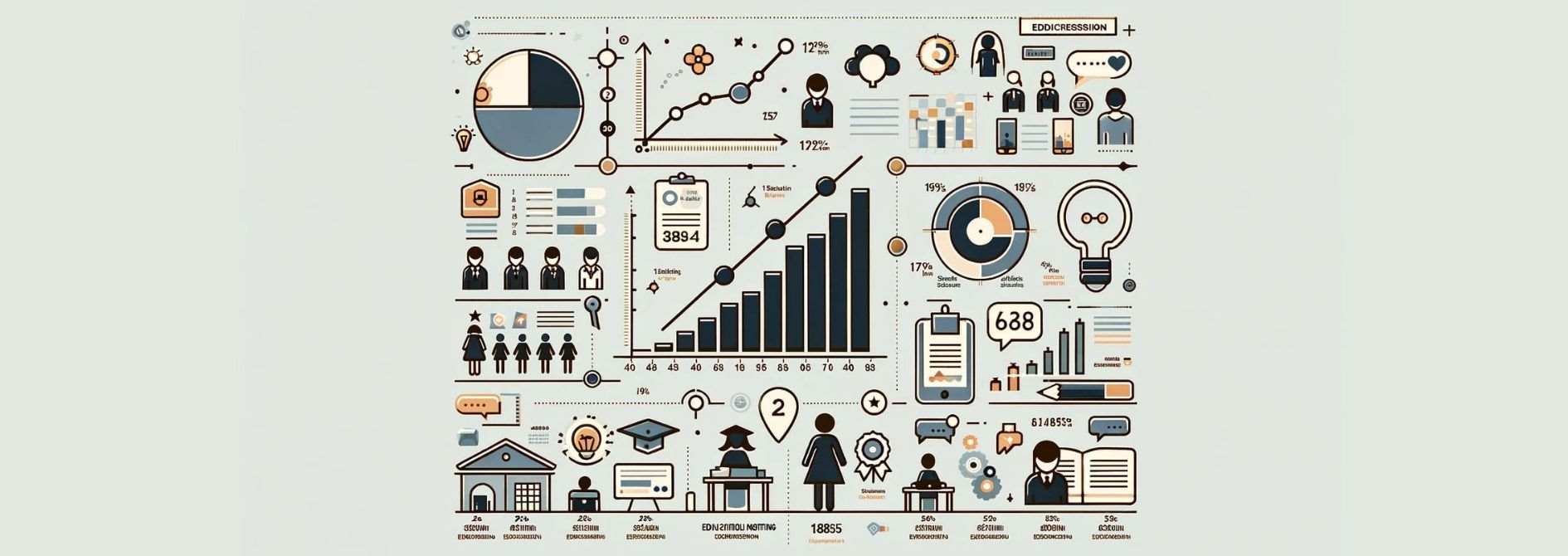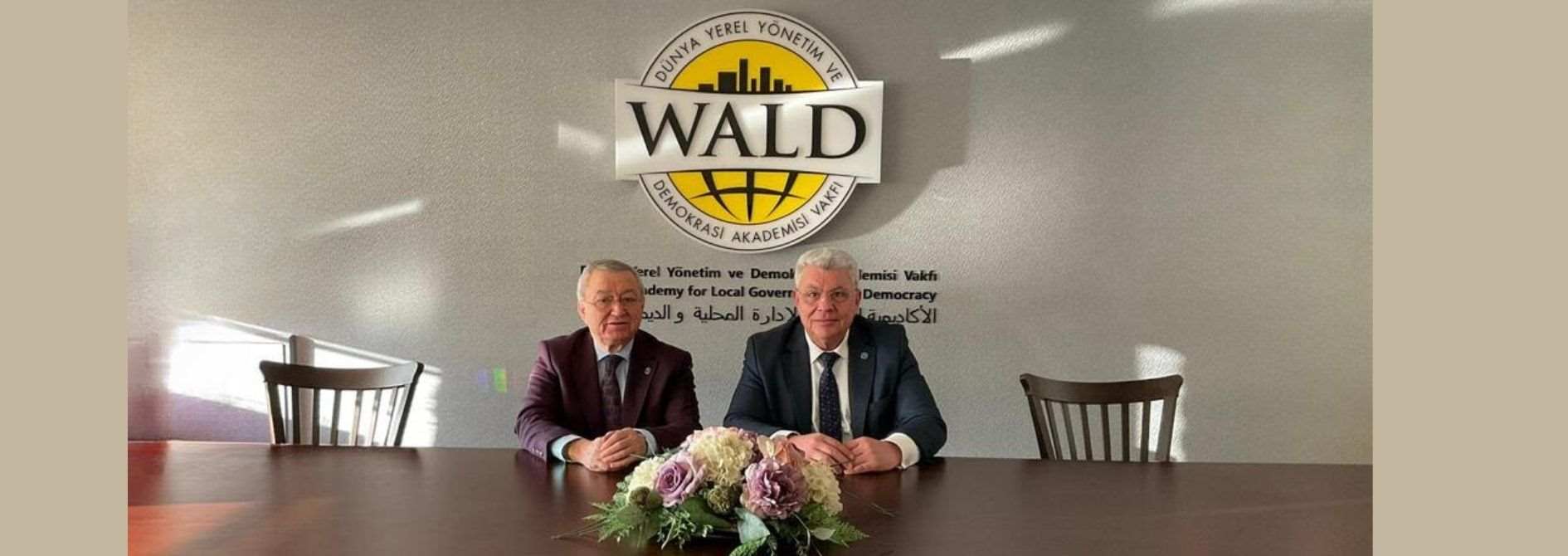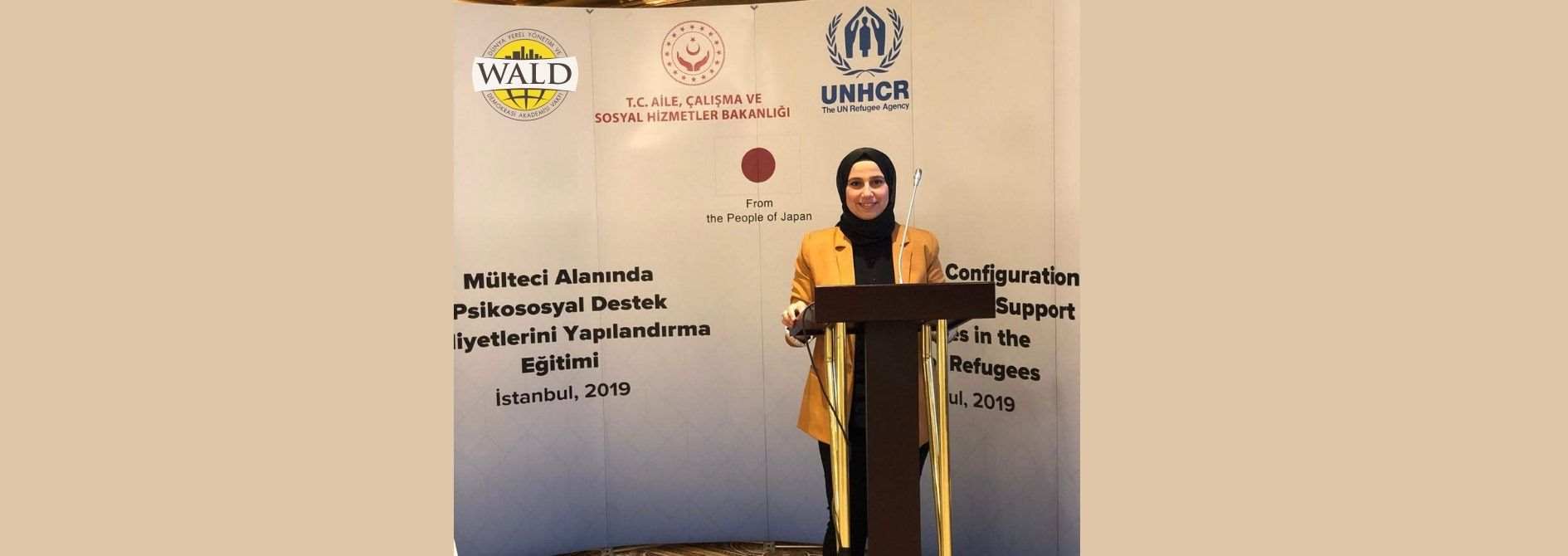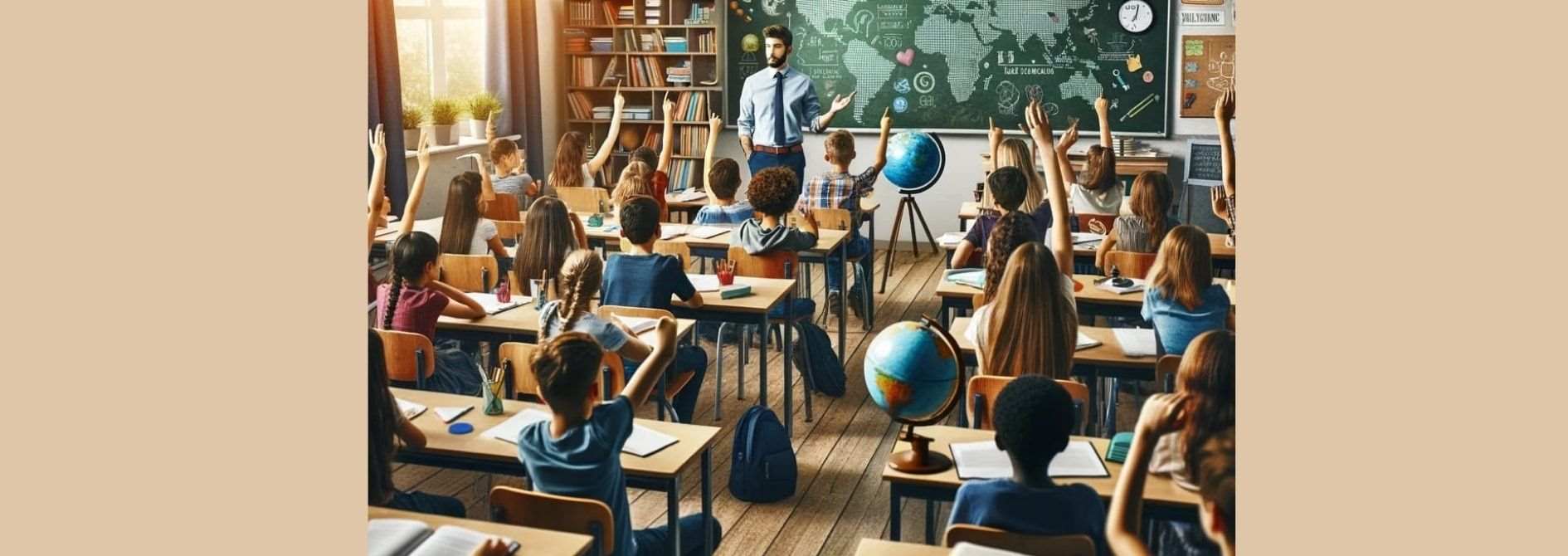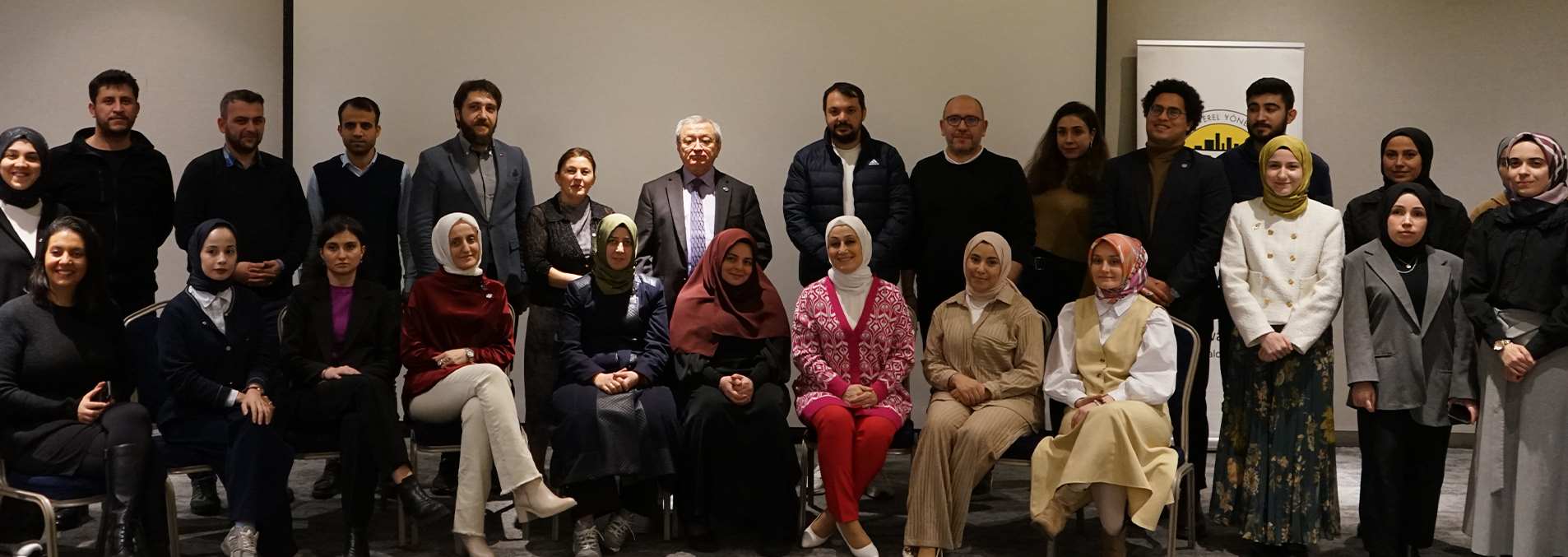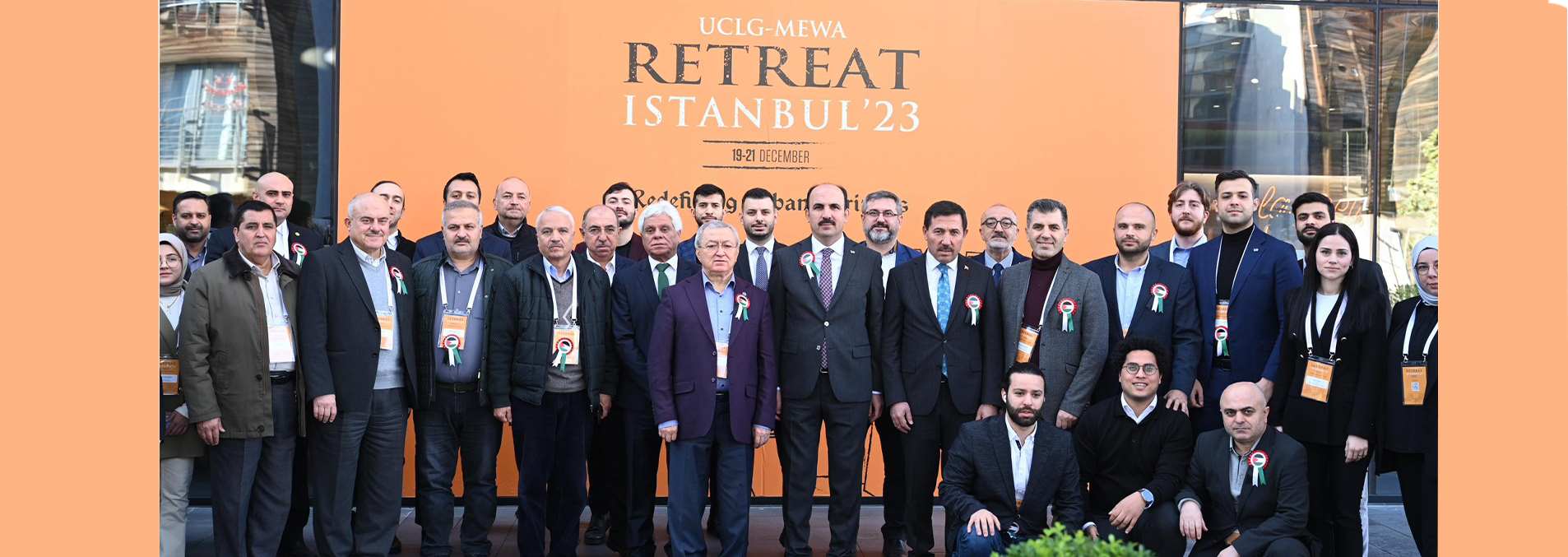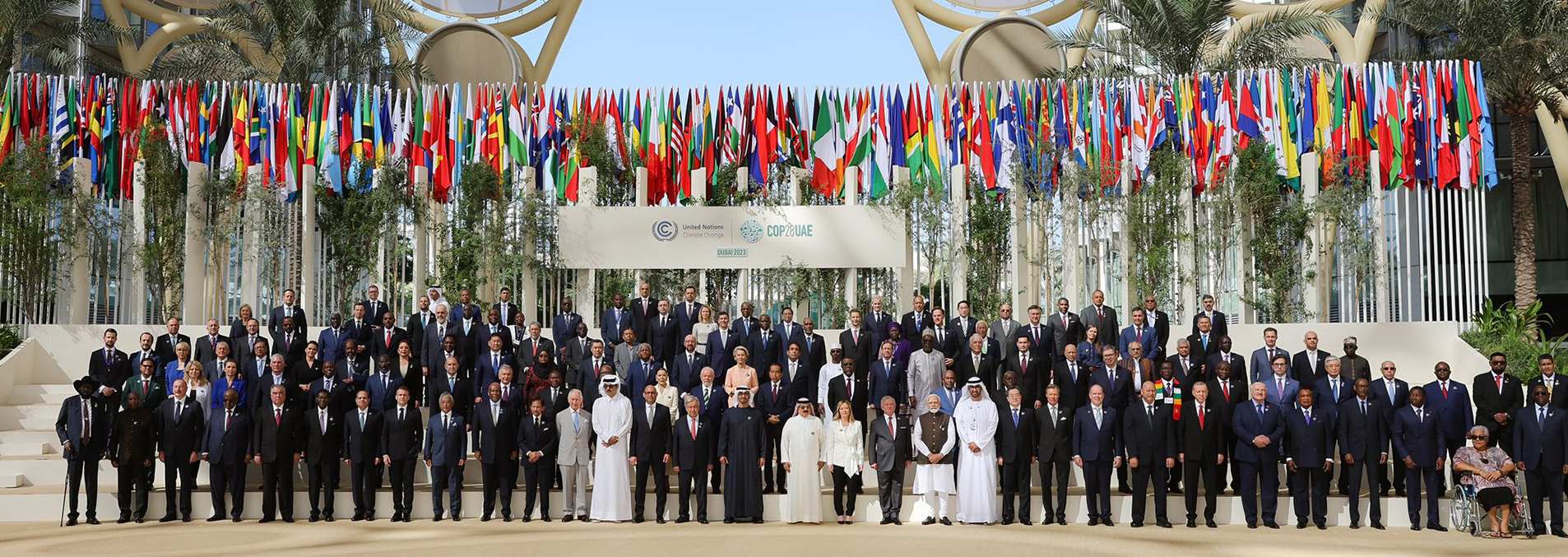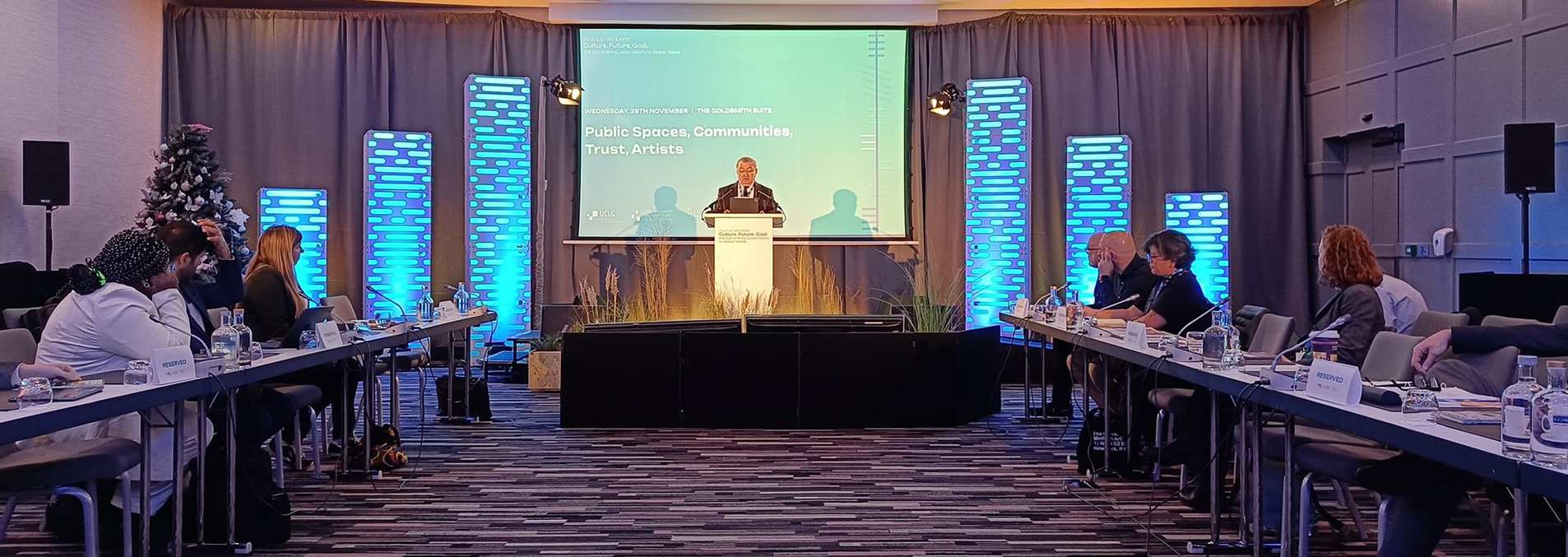Through the Eyes of an Academic
Through the Eyes of an Academic
Education is a powerful bridge that brings societies together and builds the future. This bridge carries not only the transfer of knowledge but also the values of character development, social responsibility, and global citizenship. In the light of these values, in our "Education Bridge" interview with Prof. Dr. Adem ESEN, Dean of Istanbul University Faculty of Political Sciences, we share with you not only the effects of education on the lives of individuals but also its social reflections.
What role does education play in bridging societies and building the future?
Education plays an important role in bridging societies and building the future. We can see this function as a process that starts from the family dimension of the individual, spreads to his/her close environment, and then to the general society. Education, which enables us to adopt common values and contributes to the acquisition of positive behaviors by individuals, has also undertaken the task of preventing negativities through the acquisition of good habits by balancing the wild and civilized characteristics of human nature. At the inter-communal level, it also helps us to learn respect and reveals the importance of moral foundations in the context of different ethnicities, views, and international relations. Overall, this framework emphasizes that we should not ignore the integrity of the family, which underpins all these processes.
Do you think there should be systemic changes in education?
The constant changes in our education system show that we are not very satisfied with the current situation. Therefore, it is necessary to address the system as a whole. The problems in the education system are multidimensional. Differences between schools, teacher and student characteristics constitute the main problems of these dimensions. I think the answer to where to start lies under the question "which thinking processes and skills do we want to raise students with." Therefore, the entire system should be focused on ensuring the development of students. The right to equal and quality education should not be limited to some schools but should be widespread. To summarize, I think that in order to improve the system, differences should be reduced within the scope of the principle of "equality," and higher-order thinking processes should be widely addressed.
What is the role of society and the state in the fight against inequalities in education?
The role of society and the state in the fight against inequalities in education is complex. Equal opportunities are to be given or inequalities need to be addressed in conjunction with cultural foundations, the public order of the state, and through legal frameworks. While laws formally uphold the principle of equality, the informal nature of the social order and problems of perception can result in some groups being advantaged and others neglected. While the education in Türkiye does not reflect a negative picture in general, it also shows that there are situations where some groups may be disadvantaged. These situations may be social, economic, or gender-based. However, the will to struggle and change is only possible if the gaps in the system against these inequalities are understood and filled.
When addressing inequalities of opportunity, it is the responsibility of the state to raise awareness in society at large, develop policies to make the education system fairer and ensure social justice. However, it is also important for individuals to play an active role in this process, to struggle and support change. The fight against inequalities in education requires both the state and society to work together.
How do you evaluate the role of technology in education in the light of recent developments?
Technology can make education more accessible and effective. It is important that this use is balanced. Technology can help students manage their own learning processes, but it should also strengthen interpersonal interaction and the student-teacher relationship. It is also necessary to pay attention to inequalities in access to digital education.
How should we prepare young people, the owners of tomorrow, for the future?
I see the state's education and employment policies as important to prepare the youth for the future. The cultural values of the society should support individuals to have a profession rather than just a diploma. I think it is important for the system to observe children better, evaluate their characters and guide them in this process. In addition, efforts should be made to protect children from the effects of social media and to secure their personal data. As for young people, I can advise them to use their time well and prioritize their personal development.







